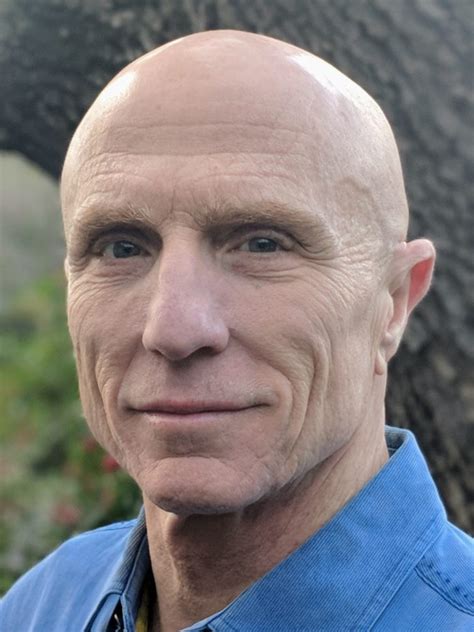A Quote by Bill McKibben
People in low-lying countries like Bangladesh with almost 140 million people who are managing to feed themselves, whose carbon emissions can't really be calculated (they are a rounding error in the UN's attempts to do national comparisons), and yet, most of whose people are at risk from increased flooding due to rising sea levels.
Related Quotes
Depending on how quickly you get ocean rise, you have people who live in river deltas [at risk]. Bangladesh is largely a river delta, and the rising sea level means that when storms come in, the human sanitation is backing up, the ability to farm, it's destructive-type situations like you saw in New Orleans with Katrina. You're increasing the frequency of that stuff in low-lying areas fairly dramatically.
When I was in Mecca I noticed that their, they had no color problem. That they had people there whose eyes were blue and people there whose eyes were black, people whose skin was white, people whose skin was black, people whose hair was blond, people whose hair was black, from the whitest white person to the blackest black person.
Anybody who's a mythology ... there's always a fear. That's why we don't like people whose skin color is different, whose eye slant is different, or whose worship is different. It makes them feel insecure. So we strike out. The thing that bothers me most about the Christian church today is that we spend our time confirming people in their own sense of wretchedness.
Managing risk is a key variable, frankly, all aspects of life, business is just one of them, and one of the things that most people do in terms of managing risk, that's actually bad thinking, is they think they can manage risk to zero. Everything has some risk to it. You know, you drive your car down the street, a drunk driver may hit you. So what you're doing is you're actually trying to get to an acceptable level of risk.
Poetical feelings are a peril to scholarship. There are always poetical people ready to protest that a corrupt line is exquisite. Exquisite to whom? The Romans were foreigners writing for foreigners two millenniums ago; and for people whose gods we find quaint, whose savagery we abominate, whose private habits we don't like to talk about, but whose idea of what is exquisite is, we flatter ourselves, mysteriously identical to ours.
In England, the population explosion can be linked very clearly with the enclosure of the commons that uprooted the peasants from their land. In India, it was the same thing: the population increased at the end of the 18th century when the British took over and Indian lands were colonized. Instead of the land feeding Indian people it started to feed the British empire. So we had destitution. Destitute people who don't have their own land to feed themselves can only feed themselves by having larger numbers, therefore they multiply. It's the rational response of a dispossessed people.
The risk of working with people you don't respect; the risk of working for a company whose values are incosistent with your own; the risk of compromising what's important; the risk of doing something that fails to express-or even contradicts--who you are. And then there is the most dangerous risk of all--the risk of spending your life not doing what you want on the bet that you can buy yourself the freedom to do it later.
The time has come for everybody -capitalists, communists, socialists- to ask themselves what 'civilization' really means. If not, whether a country calls itself capitalist or communists, in the pursuit of 'progress' , it will visit genocide either on its own people or on another people whose country must be plundered for resources to feed the Progress industry.







































